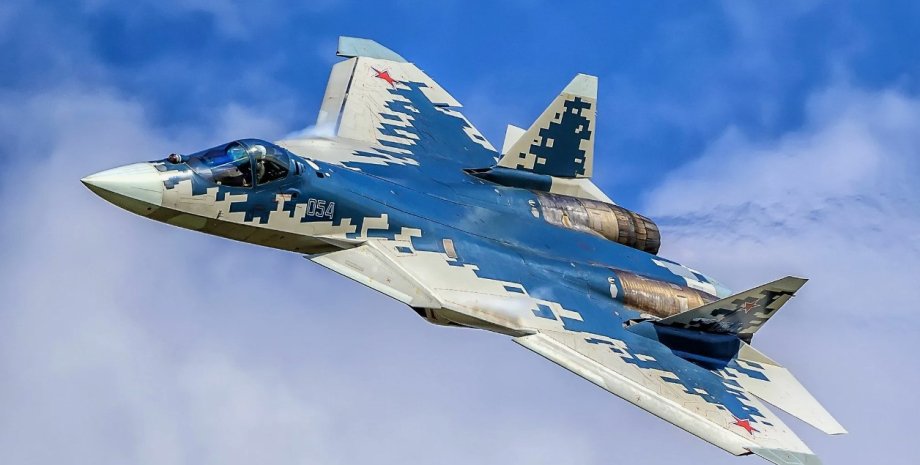
 By Eliza Popova
By Eliza Popova
However, instead of capturing advanced technology, the aircraft attracted the attention of critics with one feature, raising doubts about its stealth efficiency, written by Bulgarian Military photographs, taken by one of the observers, showed design features that have rarely seen the public, which has rarely seen. This fighter. The fact is that experts have repeatedly doubted the steals of the capabilities of the latest Russian machine, noting the features of the X-59 missiles.
However, in this case, the main reason for the discussion was the design of the SU-57 using screws instead of rivets for mounting panels. Screws that protrude slightly on the surface of the aircraft create small irregularities, which can enhance the radar reflection, breaking the smooth profile required for the stealth systems.
Experts say that unlike rivets, screws are less reliable under the influence of high loads and vibrations, which calls into question the durability of the connections during combat maneuvers and aerodynamic overloads. Thus, these disadvantages affect the ability of radio absorbing materials to cover the surface of the aircraft evenly.
And irregularities or microcracks in the layers of such coatings can significantly reduce the efficiency of stealth technologies and increase the likelihood of radar detection. For comparison, American F-22 Raptor and F-35 Lightning II show much lower radar cross sections (RCS), which makes them leaders in the field of non-means technology. F-22 fighter with its effective scattering (RCS) coefficient of only 0. 0005 square meters. m is a standard of secrecy, while the F-35, having RCS about 0.
005 square meters. m, compensates for its shortcomings with advanced systems of detection and communication. But Su-57, with the expected RCS from 0. 1 to 0. 5 square meters. m, is significantly inferior to American competitors, which raises the issue of strategic priorities and technological levels of Russia. History with the Russian SU-57, which again demonstrated its constructive disadvantages, emphasizes the problems faced by the Russian Federation in the creation of modern stealth fighter.
The pictures taken on the air exhibition confirm that the technical solutions chosen for the advanced fighter of the Russian VCZ do not allow him to compete with the best fifth generation aircraft, which indicates a significant lag in production and engineering standards. In the future, it can have a negative impact on the military strategies and technological development of the Aviation Industry of the Russian Federation, the observers summed up.










All rights reserved IN-Ukraine.info - 2022